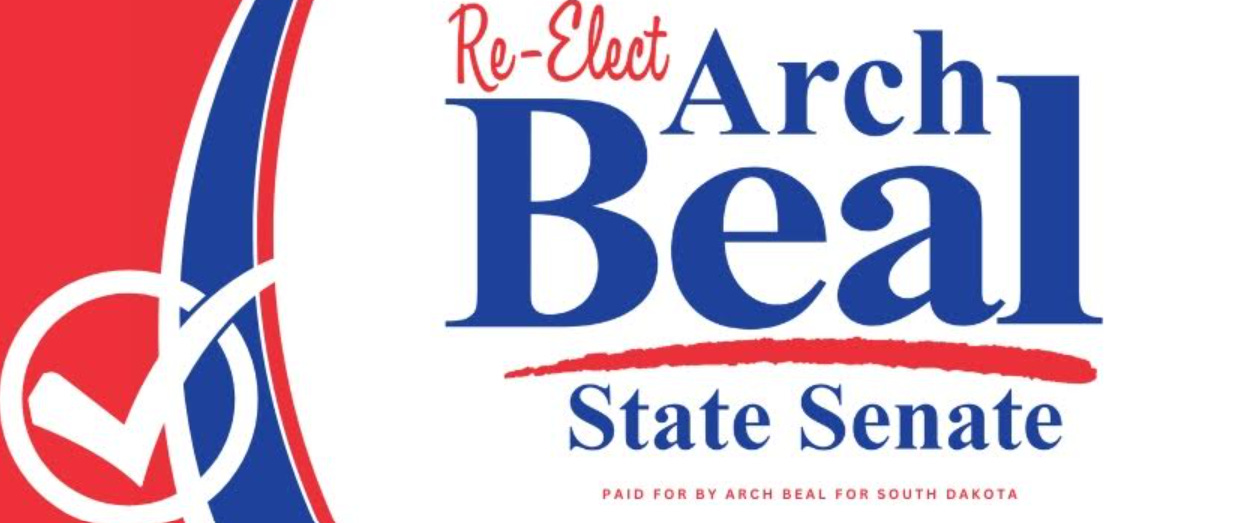I’m reaching out to share some of the deep concerns my neighbors and I are facing in Lincoln County, particularly with the impending construction of the new state penitentiary at 278th Street, formerly known to me as the “Haug Place.” This development is set to bring significant changes to our rural community, and I believe it’s crucial that we fully understand the potential impact it will have on our financial stability, safety, and way of life, especially for those of us tied to agriculture.
Last year, my property — 24.9 acres of (mostly) pastureland, which has been in my family for three generations — was valued at about $650,000. But now, with the state penitentiary being built so close to my home, many realtors I’ve talked to have said I’d be lucky to get $350,000 — if I can even sell it. The proximity of the penitentiary and the amount the state paid for the 320 acres— $7.9 million — make it nearly impossible to determine what my land is worth in this new context. However, the reality is that due to the possible construction of the state penitentiary, my property value has plummeted, and I would be lucky to sell it for much less than it is worth.
In fact, approximately 23 of my local neighbors within a 10-mile radius of the proposed site are also attempting to sell their properties, highlighting a growing trend of uncertainty and distress in our community. This land — the land I have always wanted to get married on, have children on, and pass to my own children — is the only thing I have left from my father, and it breaks my heart to think I might lose it or be forced to give it away. As a teacher, I love my job, but my salary doesn't cover rising property taxes. Last year, I had to take out a loan just to pay them, and now I’m facing another year of uncertainty. I know many of you are in the same situation — wondering how long we can hold on to our homes and land with this prison looming over us.
The construction of this new penitentiary will only add to our state’s and our county’s financial burdens. Historically, counties that house state institutions like prisons often see increased costs for public safety, law enforcement, and legal services. These costs get absorbed into the county budget, but they ultimately fall on us, the taxpayers. When I reached out to the Minnehaha County auditor last November, I discovered that the true financial impact of housing a state prison is often unclear, with no breakdown of the additional costs we will shoulder as a community. We need answers and transparency about how this new facility will affect our state taxes, our local taxes, and all Lincoln County services.
Beyond financial concerns, there are real questions about safety. Our rural area has always been a peaceful place to live. Not one of my local neighbors has a child over the age of 12, and there’s a general acknowledgment that we drive slower by each house, take care of each other, and watch out for one another. The introduction of a state penitentiary nearby naturally brings anxiety about security risks — whether real or perceived. While there’s no certainty of danger, the concerns are valid, and it’s important that we address these as a community.
Additionally, our rural and agricultural way of life is at stake. Many of us rely on farming and agriculture to support our families, and the construction of a prison could disrupt this way of life. We also must think about the potential for changes in land use and increased risks of water and land pollution. The health of our families, our livestock, and the natural habitat in our area is a serious concern. Increased traffic, pollution, and stress on local infrastructure could harm the very land and water we depend on, jeopardizing not only our livelihoods but also the well-being of our environment.
Our peaceful, agricultural community is what makes Lincoln County special, and it’s heartbreaking to think about how that might change.
To our state legislators, I urge you to keep these concerns in mind as decisions are made. Please consider how the creation of this penitentiary will impact our finances, safety, environment, and rural lifestyle. We deserve to know exactly how our tax dollars will be used and what steps will be taken to protect our families, our friends, our neighbors, our community, and our land. We are not just statistics — we are your neighbors, hardworking people who want to preserve the homes and land we’ve built our lives on for generations.
To all my fellow Lincoln County neighbors and South Dakota neighbors, I know these changes are unsettling. We’re already facing rising costs and the challenge of keeping our homes, and now we have all these new uncertainties. But I believe in the strength of our state and our community, and I believe that together we can advocate for transparency, fairness, and solutions that work for all of us. We’ve always stood strong, and I know we’ll continue to do so.
Mary Geraets
Lincoln County























The absurdity of the state plopping a prison in one of the most desirable development areas in the state transcends pragmatic thinking. From the plan to do a stick build prison down to upselling the marginal benefits, none of it passes the sniff test.
It's quite obvious the state is going to "jack boot" this thing if they get a chance. The reality is the prison should be reviewed and a remote location, as Nevada has done with their prisons. Prisoners may be less likely to try and escape if all they see for miles is prairie instead of bright lights.
Prison can also be constructed off site and assembled in modules on site. Simple enough done and already being done.
The whole think is a debacle intended only to serve the government and ignore the constituents. Indicative of how Noem and Crew run things - and yes I am a conservative.
This is a classic example of a moral panic. There is no evidence that the prison will affect prices. If you assume that the prices will go down and sell in a panic, then your fear is driving the sale, and you, and other silly people, will lose money.
Simply wait out the panic.